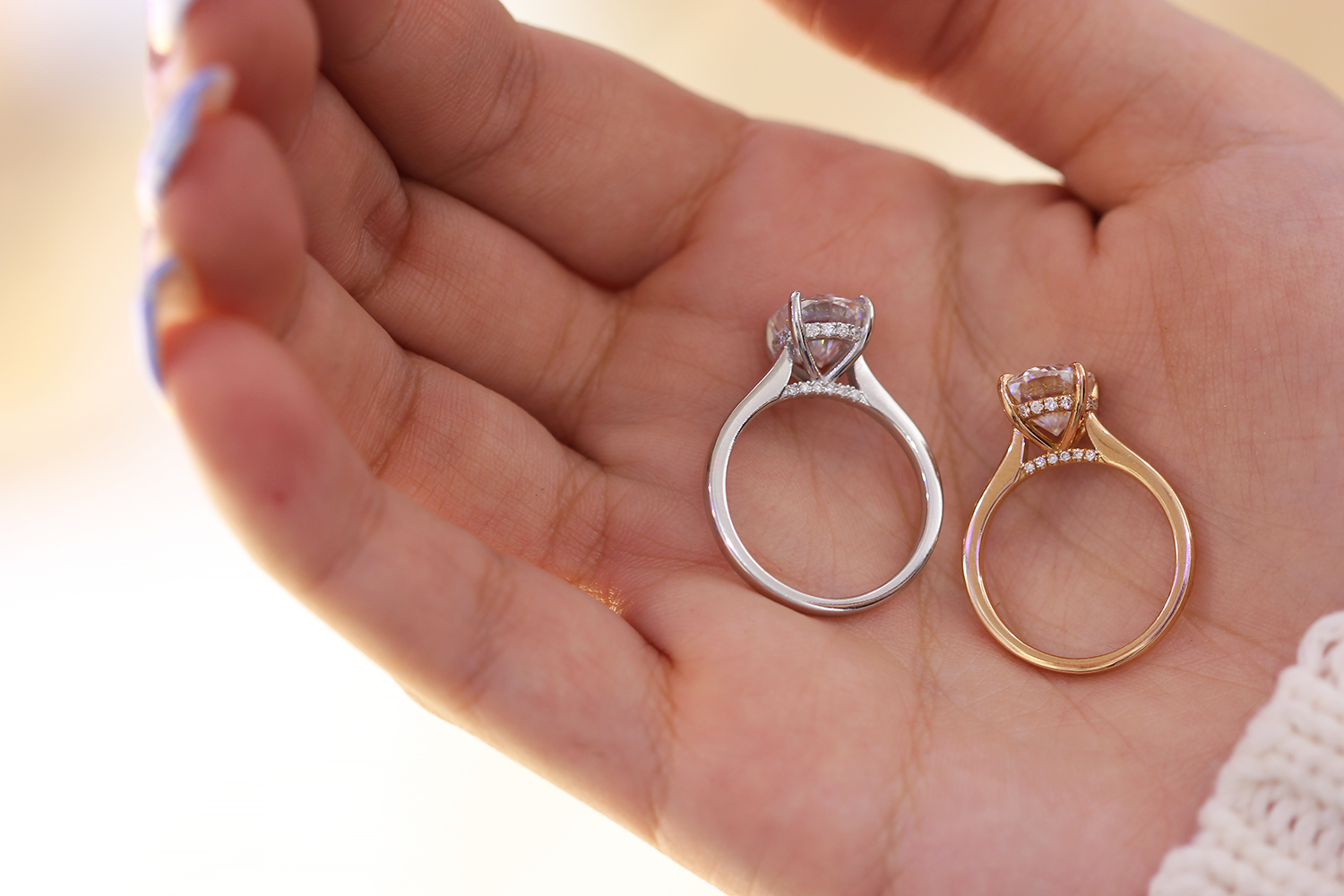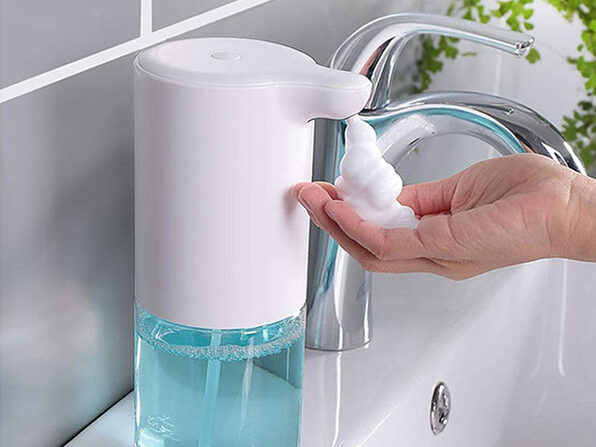Are you thinking about entering rehab to detox from heroin or prescription medication? Do you have a friend or loved one who has recently suffered an overdose?
If you need more information about heroin withdrawal, you’ve come to the right place. We’ll give you the inside scoop on heroin withdrawal symptoms and help you navigate the recovery process.
What Does a Heroin Overdose Feel Like?
If you have an addictive personality, you might be at a higher risk for opioid abuse and dependency. There are almost 1 million American adults who use heroin each year, and the withdrawal symptoms can cause death.
Some common symptoms of heroin overdose include loss of appetite, shallow breathing, and dilation of the pupils. If you feel woozy or like you’re about to lose consciousness, try to call 911 and get to a hospital.
If your loved one has overdosed on heroin, it’s vital that they get heroin treatment right away. Finding a good detox and rehab center is the first step, but they have to be ready to seek treatment.
If you suspect heroin use, you might want to try home drug testing kits for teens or young adults. Doctors can treat opioid addiction much more easily if they catch it in its beginning stages, and you’ll have more lead time to find a rehab center.
Common Heroin Withdrawal Symptoms
While your friend or family member is staying at a heroin rehabilitation center, they will undergo regular heroin testing. They will also undergo a tough, taxing detox process.
Heroin withdrawal death is always a possibility, but detoxing under professional care minimizes that risk. Common withdrawal symptoms include insomnia, general agitation, and muscle spasms.
These initial symptoms should fade within 12 hours, but long-term withdrawal symptoms can include hallucinations, fever, and nausea.
People withdrawing from heroin may also become depressed or anxious. They may also have trouble eating for a few days.
The withdrawal process does differ from person to person, but most people do experience some degree of anxiety and nausea. A full withdrawal from opioids can take from three days to a week, depending on the patient.
Getting Off Heroin for Good
Once you’ve gotten past the initial heroin withdrawal symptoms and detoxed completely, it’s time to reevaluate your life path. Rehab centers can often help you change jobs, find a new place to live, or even move to a new city.
For long-term recovery, making new friends is key. Finding new activities to enjoy that aren’t drug-related is also vital. Try to avoid the people and places that supported your addiction in the first place.
Some recovery efforts can be supported by medication, but recovery is about doing what works best for you. You might find that meditation and exercise help you maintain an even keel.
Every recovery journey starts somewhere. If you’re secretly dealing with a heroin addiction, it’s not too late to get help.
We have a wide range of articles focusing on women’s health and lifestyle. Come check out our blogs: they’re all about fitness, lifestyle, and relationships!












